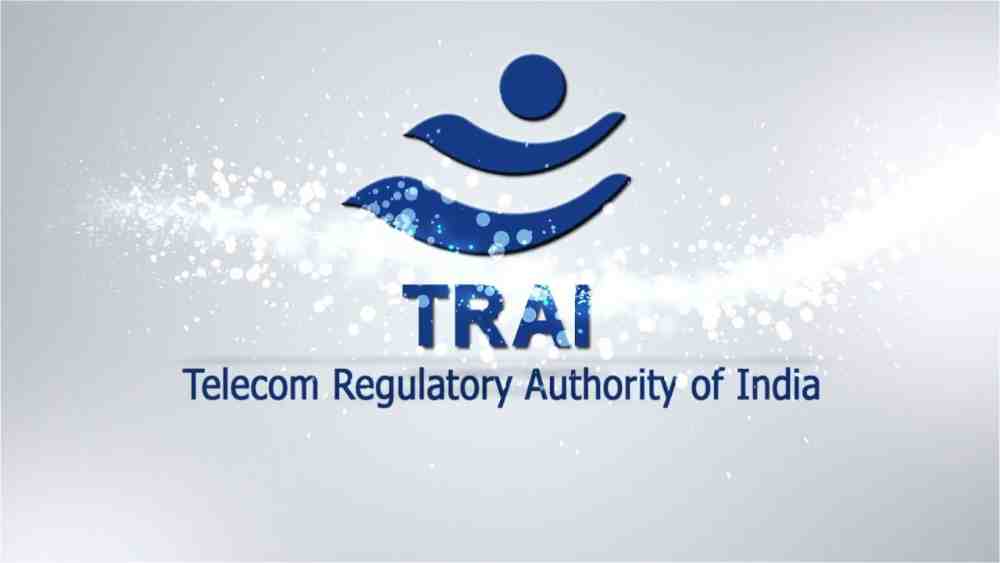The Telecom Regulatory Authority of India (TRAI) has initiated a consultation process to gather industry perspectives on the need for a regulatory mechanism and selective banning of over-the-top (OTT) applications.
This move comes after the Department of Telecommunications (DoT) requested TRAI to reevaluate its 2020 recommendations and propose a suitable regulatory framework for OTTs, including the consideration of “selective banning of OTT services.” In its consultation paper titled “Regulatory Mechanism for OTT Communication Services and Selective Banning of OTT Services,” TRAI has put forth 14 key questions to guide discussions and solicit feedback from industry stakeholders.
Background:
In its previous 2020 recommendation, TRAI had concluded that the time was not ripe for implementing a comprehensive regulatory framework for OTT services, advocating instead for market forces to respond to the evolving landscape. However, the DoT’s communication in September 2022 highlighted the significant growth and maturity of OTT services, prompting a holistic examination of regulatory, economic, security, privacy, and safety aspects surrounding these platforms.

Key Questions and Focus Areas:
TRAI’s latest consultation paper aims to address various aspects of OTT services and their potential regulation. It seeks input on the definition of OTT services, categorization of these services, and the need for bringing OTT communication services under a licensing or regulatory framework. Additionally, TRAI is soliciting views on the provisions that should be included in such a framework.
Collaborative Framework and Net Neutrality:
One important consideration raised in the consultation paper is whether a collaborative framework should be established between OTT communication service providers and licensed telecommunication service providers. TRAI seeks insights into the challenges and potential impact on net neutrality that may arise from this collaboration.

Selective Banning of OTT Services:
TRAI is also seeking feedback on the technical challenges associated with implementing a ban on specific OTT services and websites in particular regions for a defined period. Furthermore, the paper explores the necessity of a regulatory framework for selective banning and invites suggestions on which categories of OTT services should be covered by such measures. It also inquires about the inclusion of specific websites, besides OTT services, for selective banning purposes.
TRAI’s move to seek industry views on regulating and selectively banning OTT applications reflects the evolving landscape of digital services in India.

The consultation paper covers crucial aspects, such as defining OTT services, exploring regulatory frameworks, and addressing concerns related to selective banning. Industry stakeholders now have an opportunity to provide their insights and shape the future direction of OTT regulation in the country.
The inputs received through this consultation process will likely play a significant role in determining the approach taken by TRAI and the Indian government regarding the regulation of OTT services.
